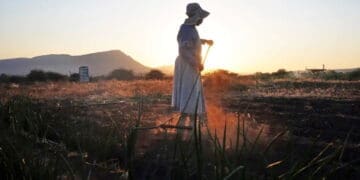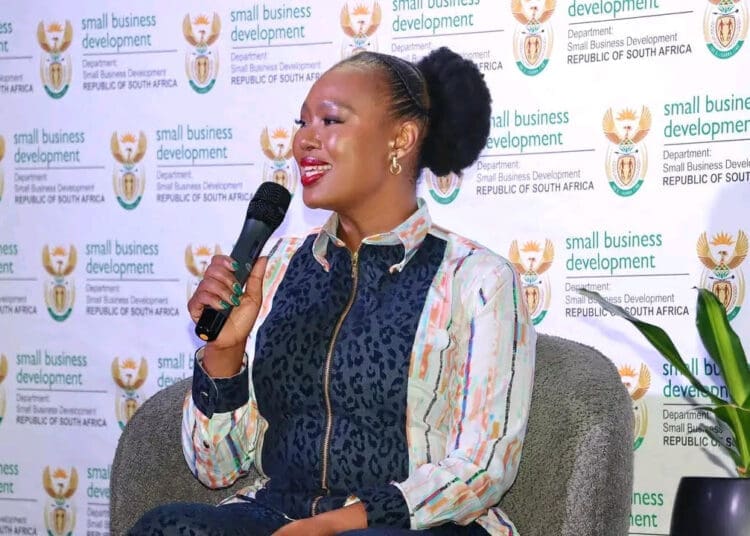Township-based businessperson Boitumelo Kgopa, who runs mobile hair salon Kgopa Hair Salon PTY Ltd in Soweto, hopes the recent announcement of a R300 million allocation to recapitalise the Youth Entrepreneurship Fund will boost her business.
“I’ve had clients for years, but no space or equipment to grow. If I can finally access funding through this Youth Fund, I could open a fixed salon and hire two other stylists. This gives us hope,” said Kgopa.
Small Business Development Minister Stella Ndabeni-Abrahams announced a R300 million allocation to recapitalise the fund during the tabling of the department’s budget vote in Parliament.
Framing the fund as a “catalytic tool” for job creation and innovation in underserved communities, Ndabeni-Abrahams said the funding would be channelled through the Small Enterprise Finance Agency (SEFA) and the Small Enterprise Development Agency (SEDA) to enhance access to finance, mentorship and essential business development services.
Framing the allocation as more than a mere financial injection, Ndabeni-Abrahams described the R300 million boost as a strategic lever to cultivate an ecosystem where young people and women could take the lead in tackling South Africa’s unemployment crisis.
“This allocation is not just about finance. It’s about creating an enabling environment where youth and women can lead the charge in solving our nation’s unemployment crisis.”
The fund will provide capital and structured development services, including digital training, compliance support and route-to-market guidance, which are important for entrepreneurs operating in highly competitive and often informal sectors.
The South African Youth Business Forum (SAYBF) commended the targeted allocation, calling it a “clear and necessary shift” in government priorities.
“This is the kind of investment we’ve been calling for,” said SAYBF chairperson Lebo Dlamini.
“Too often, funding is promised broadly but fails to reach those in the early stages of business. By ringfencing R300 million for youth, the minister is acknowledging both the challenge and the potential within our demographic,” said Dlamini.
However, Dlamini cautioned against administrative red tape and urged the department to “deploy the funds efficiently and transparently”, suggesting that a digital portal be established to track disbursement and impact.
Ndabeni-Abrahams said the first disbursements were expected within the next quarter.
Entrepreneurs in rural, township and peri-urban areas will receive particular attention, with incubator and mentorship hubs planned in underdeveloped regions.
This move is part of a broader five-pillar strategy by the department, which includes reforms in regulation, market access and institutional support.
Luthando Mzimba, a 26-year-old software developer in Gqeberha, Eastern Cape, sees funding as a turning point.
“Tech start-ups like mine (Vintage IT Solutions PTY Ltd) struggle to secure seed funding. We are often overlooked by banks. A youth-centred fund that understands our ecosystem and risk profile could be what finally unlocks growth for us,” Mzimba said.
































































